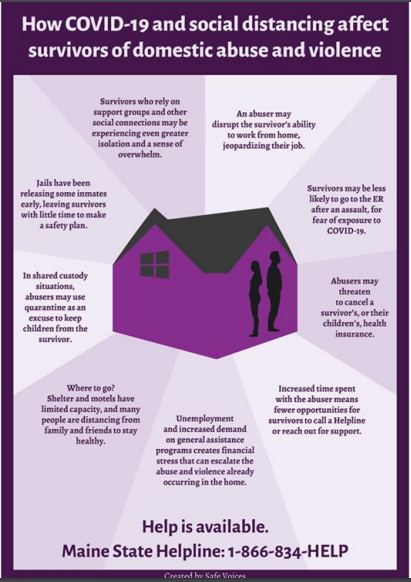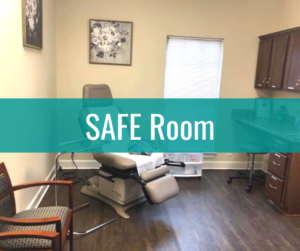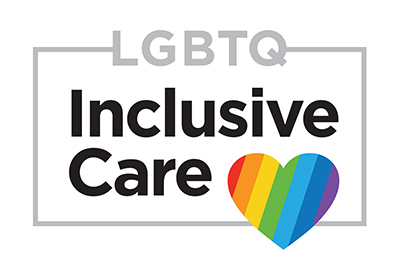The Coronavirus pandemic has shattered all of our “normal”. But it has had an especially worrisome impact on victims of intimate partner violence.
Medical experts all agree that a top mitigation tactic to slow the spread of the highly infectious COVID-19 (coronavirus) is to stay at home. Stay at home orders were mandated nationwide and still remain the biggest push to slow the spread in addition to mask-wearing.
But not everyone is “safer at home.” With victims increasingly trapped at home with their abusers, global domestic violence cases are on the rise. Domestic violence is all about power and control, and in an isolated environment, control is more easily exerted by abusers, with fewer and fewer avenues for accountability for their actions.
Pamela Zaballa with NO MORE writes, “As Anita Bhatia, Deputy Executive Director of UN Women, summarizes, ‘the very technique we are using to protect people from the virus can perversely impact victims of domestic violence’. Like women who normally spend their days at work, now trapped at home with their abuser, and those who rely on visits from external family, or picking up the kids from school as a respite from the abuse. Everywhere is now out of bounds, separating victims from key routes of support when they will need them most.
Many children will also suffer—maybe witnessing the abuse for the first time and having nowhere to escape. We all know the devastating effects that this can have on both their current mental health and their growth into adults.”
The coronavirus public health crisis response is warranted and a key tactic to slow the spread. However, we must realize others will be negatively impacted and act accordingly to keep victims safe.
“NO MORE is encouraging everyone to listen for abuse and, if necessary, call the National Domestic Violence Hotline if you want advice, and call the police if you hear somebody getting hurt, or if you think their life is at risk. Please, share this message with all your friends and contacts—so that the abusers know we are watching and their actions will not go unnoticed.
We also appeal to Governments: listen to your front-line services, and respond effectively to their needs. COVID-19 can be deadly. So can Domestic Violence. Together we can get through both.”

Advice for Victims
If you fear that your life or safety are in immediate danger, call 911.
If you’re in an abusive relationship, know it’s not your fault—now or ever. Everyone deserves to be treated with respect, dignity, and love.
If you are experiencing domestic violence, you may be isolated, but you do not have to go through it alone. Trusted friends and family can help, even from a distance. Make sure you have a key contact that knows your situation and checks upon you regularly.
Create a code word, phrase or visual signal that can be given to trusted friends to make them aware if you are in danger and need help.
Domestic abuse can mean physical harm and bruises, but it’s also verbal and emotional abuse designed to bully, intimidate and degrade. Often it can start with verbal abuse and then escalate to become more violent. Being informed about domestic abuse and available services is key to keeping safe. Even during this COVID-19 crisis, help is still available. If you’re experiencing any type of abuse, find out about supports and services in your community. Learn more.
Developing a plan to leave may seem harder at this time of social distancing, but it is still possible. Shelters remain open and family or friends may have extra space where you could stay in quarantine.
Even if you feel trapped at home during COVID-19, develop a plan to try to stay safe. Consider updating the family member or friend you trust most, deciding where you’ll go first, taking an emergency number with you, and having essential items ready in advance such as a form of ID, a change of clothes, and money if possible and anything else most important to you. Remember to turn location services off on your mobile. Learn more here.
In an abusive relationship, your phone can be your lifeline. Keep your phone charged, on hand at all times, know who to call in case of emergency and turn your location services off.
Advice for Bystanders
Domestic violence affects 1 in 4 women and 1 in 9 men. Even if you aren’t directly impacted, the chances are high that you have a friend, family member, or coworker who’s been affected. We can all play a role in looking out for each other and preventing violence.
Recognizing the signs of domestic violence is an important first step to taking action to prevent it. Follow your instincts. If a situation feels wrong to you, it probably is. Ask yourself “If I don’t act, could the situation get worse?” IF YES, then determine the best way to intervene. Get more tips here.
If you see or hear what you think might be an abusive situation, try to figure out how to intervene safely. But if the situation seems dangerous, don’t handle it yourself. Get help. Learn how here.
If a friend or loved one confides in you that they are in an abusive relationship, create a code word or sign that they can use to let you know if the situation becomes more dangerous and help is needed.
Whilst supporting a victim advise them to develop a plan to stay safe that may include knowing where to go if they have to leave, key items to take, money and having emergency numbers for help. More information here.
Abuse doesn’t always leave physical bruises. Verbal and emotional abuse is still domestic violence and has a longstanding impact.It can include name-calling, criticizing and demeaning someone in order to frighten, humiliate, and diminish their self worth and sense of safety. Learn more about healthy and unhealthy relationships. More information here.
You can help prevent domestic violence before it starts by teaching kids that relationships should be based on mutual respect, trust, equality, and honesty. Utilize this time when many families are home together to start or continue the conversation. Learn more here.
INFORMATION OBTAINED FROM NO MORE
We are available 24/7 to answer questions and calls
Domestic Violence & Sexual Assault Center specializes in healing and protective services for all victims of personal violence. Our mission is to PROTECT victims, PREVENT violence, and EMPOWER survivors.
Call and speak with an advocate free and confidentially; Domestic Violence Crisis Line (615) 896-2012 Sexual Assault Crisis Line (615) 494-9262
Learn more about our services HERE





